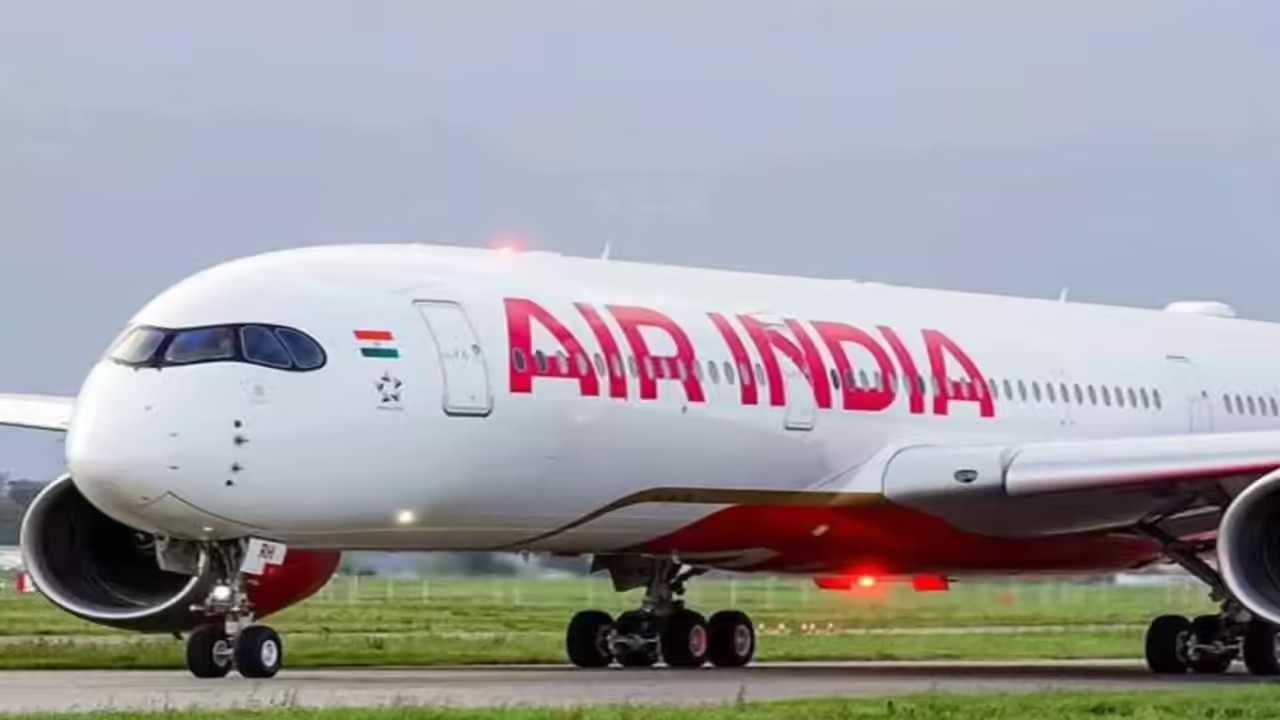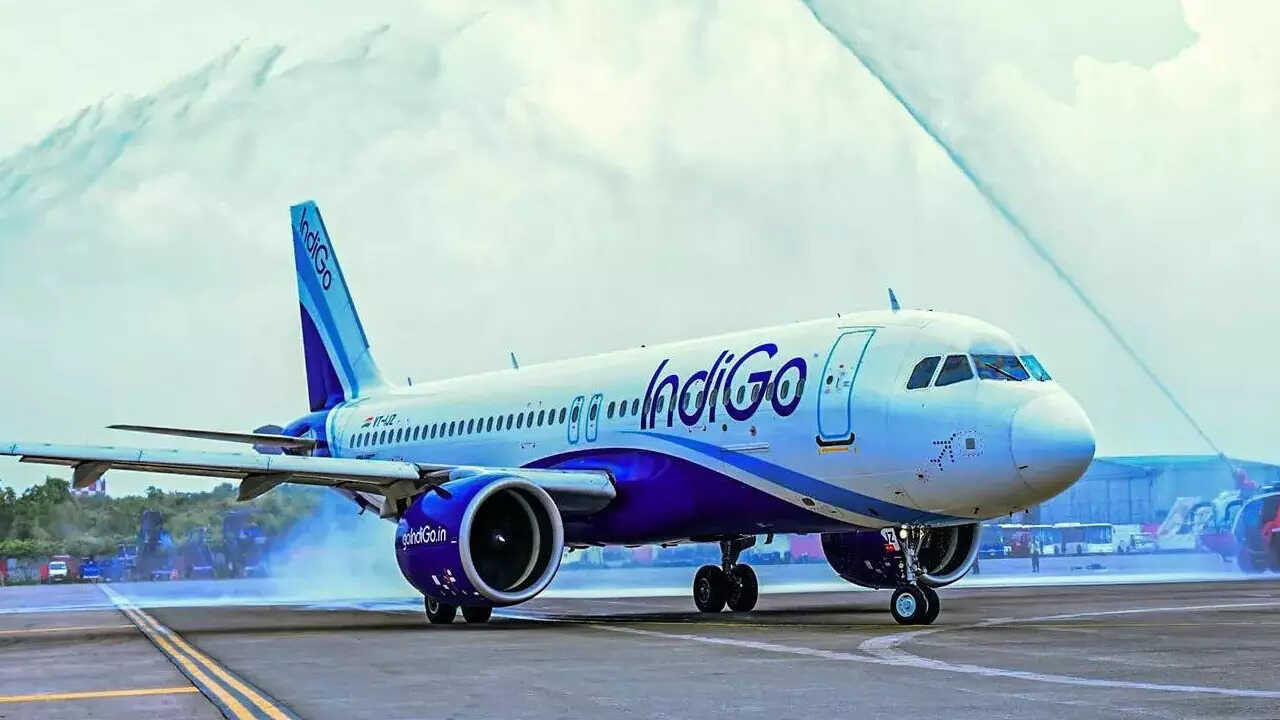Delhi Airport is currently operating normally, but flight schedules are facing disruptions due to the changing airspace conditions over Iran, Iraq, and nearby regions following Israel’s military strike on Iran. Passengers are strongly advised to contact their respective airlines for the latest updates regarding their flights and rely only on official sources for accurate information.
Turbulence in the Air: How Israel-Iran Tensions Are Rippling Through Travel
Okay, let’s be honest. When you hear “Israel” and “Iran” in the same headline, your first thought probably isn’t “flight delays.” But the interconnectedness of our world means even geopolitical tensions can have some pretty surprising ripple effects, and this week’s situation is a prime example.
Reports are swirling about a recent Israeli strike inside Iran, and while the details are still a little murky, the potential impact on global travel is becoming clearer. What might seem like a faraway conflict can quickly translate into headaches for travelers, airlines, and airport operations worldwide.
Initially, a lot of us held our breath, especially those with upcoming flights. Would this escalate dramatically? Would airspaces close? Thankfully, at least for now, it seems like the worst-case scenario has been averted. Delhi Airport (DIAL), a major transit hub for flights across Asia and beyond, has officially stated that operations are “normal.” Phew!
However, “normal” is a relative term. While the airport itself isn’t shut down, that doesn’t mean everything is running perfectly smoothly. Several flights have been affected, experiencing delays and route alterations. This isn’t some dramatic airport shutdown; it’s more like a subtle tremor causing ripples across the aviation landscape.
Think about it: airlines rely on meticulously planned routes, optimized for fuel efficiency, time, and, of course, safety. When a potential conflict zone emerges, they have to scramble to reroute flights, often adding significant distance to the journey. This means longer flight times, higher fuel consumption, and ultimately, those dreaded delay notifications popping up on your phone.
It’s not just about avoiding the airspace directly over Iran, either. Neighboring countries can also experience disruptions as air traffic becomes concentrated along alternative routes. This increased congestion can lead to further delays and create a domino effect across the entire region.
We’re seeing this play out in real-time. Flights that normally transit over or near Iranian airspace are now being diverted, likely adding to the travel time. This ripple effect impacts not just international routes but also domestic flights relying on efficient use of airspace.
The airlines are in a tough spot. They’re trying to balance passenger safety with the financial realities of operating on tight margins. Rerouting flights isn’t cheap, and those costs often get passed down to the consumer in the form of higher fares, even if indirectly.
But beyond the practical disruptions, there’s also the psychological impact. A situation like this inevitably fuels anxiety among travelers. Even if a flight is confirmed and on schedule, the underlying tension in the region can create a sense of unease. It’s a reminder that our interconnected world can be affected by events unfolding thousands of miles away.
What can you do if you’re planning to travel through the region in the coming days or weeks? First and foremost, stay informed. Monitor your airline’s website and social media channels for updates. Download their app for real-time notifications about potential delays or changes.
Secondly, be prepared for the possibility of disruptions. Pack extra snacks, entertainment, and perhaps even a portable charger for your devices. Patience is key, and a little bit of preparation can go a long way in mitigating the stress of travel delays.
Thirdly, consider travel insurance. While it won’t prevent delays, it can provide financial protection in case of cancellations or significant disruptions to your travel plans.
Ultimately, the situation highlights the vulnerability of the aviation industry to geopolitical events. While Delhi Airport’s assertion of “normal” operations is reassuring, it’s important to remember that “normal” in this context simply means the airport is open and functioning. The real impact is felt in the subtle, often unseen, disruptions to flight schedules and the increased anxiety among travelers.
This situation reminds us that the price of a plane ticket isn’t just about the cost of fuel and the pilot’s salary. It also reflects the complex web of global politics and the inherent risks of navigating an increasingly volatile world. So, next time you’re soaring through the sky, take a moment to appreciate the intricate planning and delicate balance that keeps you aloft, and the challenges facing airlines in the face of global uncertainty. And maybe pack an extra book, just in case.
📬 Stay informed — follow us for more insightful updates!







